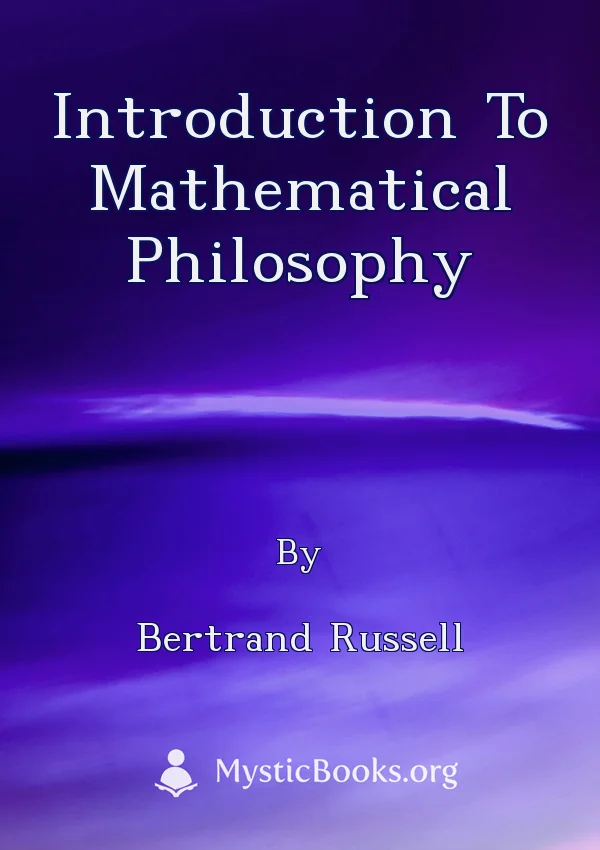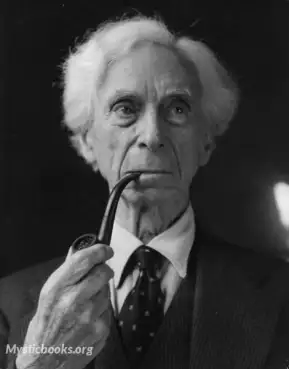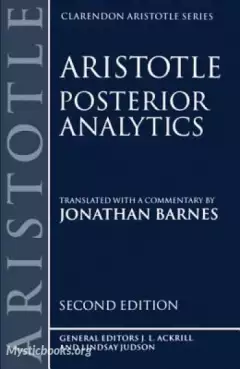
Introduction to Mathematical Philosophy
'Introduction to Mathematical Philosophy' Summary
Russell's *Introduction to Mathematical Philosophy* is a captivating exploration of the philosophical underpinnings of mathematics. He begins by examining the fundamental concepts of numbers and sets, revealing how seemingly simple notions like 'one' and 'two' can lead to profound philosophical questions. He then tackles the notorious paradoxes that plagued the early development of set theory, such as Russell's own paradox, and explains how his theory of types provides a solution. Throughout the book, Russell champions the role of logic as the foundation of mathematics, arguing that all mathematical truths are ultimately logical truths. He further discusses the importance of formal systems and the use of axioms in building a rigorous and consistent mathematical framework. Russell's work is not just an intellectual exercise; it is a compelling exploration of the human mind's capacity for abstract thought and its ability to unravel the mysteries of the universe through the power of logic.Book Details
Language
EnglishOriginal Language
Published In
Authors

Bertrand Russell
England
Bertrand Arthur William Russell, 3rd Earl Russell was a British polymath, philosopher, logician, mathematician, historian, writer, social critic, political activist, and Nobel laureate. Throughout his...
Books by Bertrand RussellDownload eBooks
Listen/Download Audiobook
- Select Speed
Related books

Cinema of Orson Welles by Peter Bogdanovich
This book, written by acclaimed director Peter Bogdanovich, offers an insightful analysis of the cinematic genius of Orson Welles. Bogdanovich, known...

The 9/11 Commission Report by 9/11 Commission
Taking the reader back to the horror and devastation of September 11, 2001, the 9/11 Commission Report by the 9/11 Commission, is the official report...

Posterior Analytics by Aristotle
The Posterior Analytics is a text from Aristotle's Organon that deals with demonstration, definition, and scientific knowledge. The demonstration is d...

Thinking as a Science by Henry Hazlitt
In "Thinking as a Science", Henry Hazlitt provides a practical guide to improving one's critical thinking skills. He emphasizes the importance of logi...

Capital: A Critical Analysis of Capitalist Production by Karl Marx
Karl Marx’s Capital: A Critical Analysis of Capitalist Production is a critical analysis of the political economy or the capitalist system. In this 3...

Twilight in Italy by D. H. Lawrence
In "Twilight in Italy", D. H. Lawrence explores the landscapes and people of the Lago di Garda region in northern Italy during a series of walking jou...

Recollections of Oscar Wilde by Franz Blei
This collection of memories, penned by Franz Blei, provides a glimpse into the life and personality of Oscar Wilde, offering a personal perspective fr...

The New Organon by Francis Bacon
The Novum Organum is a philosophical work by Francis Bacon published in 1620. The title translates as "new instrument". This is a reference to Aristot...

Thunder and Lightning by Camille Flammarion
Camille Flammarion's 'Thunder and Lightning' is a scientific exploration of these atmospheric phenomena. Through years of meticulous observation and r...

Criminal Investigation: a Practical Handbook for Magistrates, Police Officers and Lawyers, Volume 2 by Hans Gross
Hans Gross's "Criminal Investigation" is a foundational work in the field of criminology, offering a comprehensive guide to investigative techniques....
Reviews for Introduction to Mathematical Philosophy
No reviews posted or approved, yet...